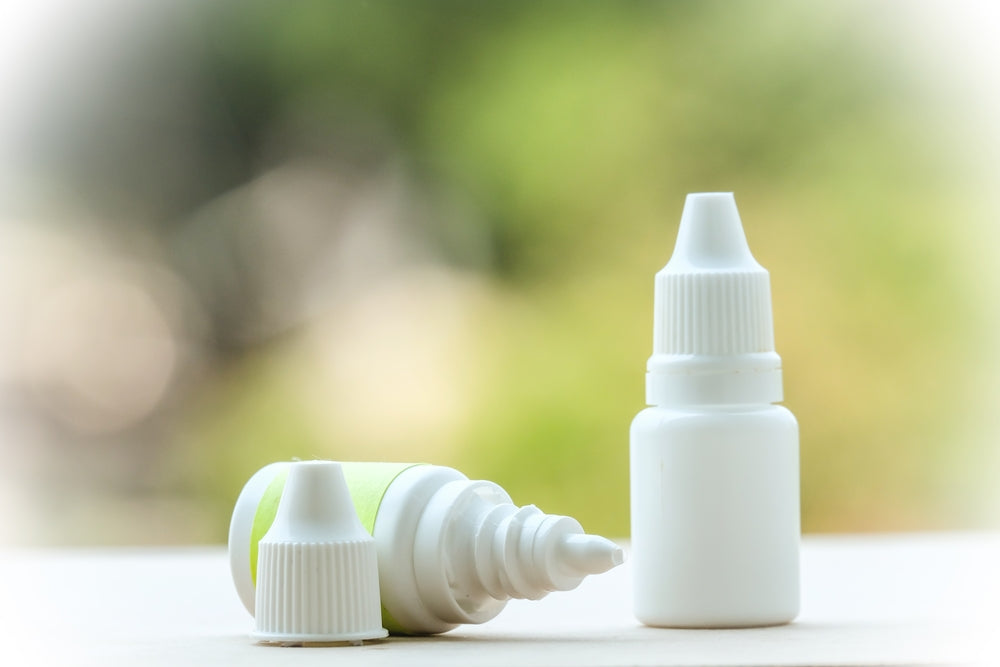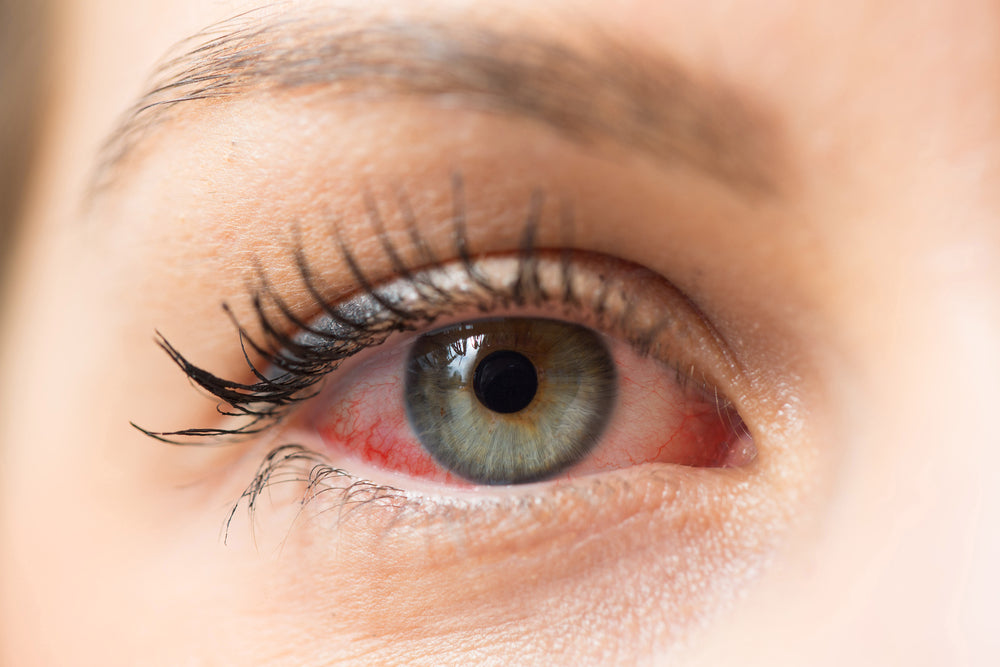For many people, enjoying a cup of tea, whether it's hot or cold. In fact, it's so popular that it comes in second only to water in popularity.

If you aren't on the black tea bandwagon then you might want to consider adding it to your beverage list. As it turns out, black tea is rich in flavonoids (also known as polyphenols) and these plant chemicals are very good for you. Flavonoids are antioxidants which are great for fighting inflammation in the body, which is the cause of many conditions and diseases.
The flavonoid known as theaflavin is what gives black tea it's rich, dark color. Theaflavins have been found to help lower cholesterol by reducing how much cholesterol the digestive tract absorbs. Quercetin is another flavonoid that packs a punch. Quercetin has been found to help lower the risk of stroke. The one-two punch of theaflavin and quercetin can have a protective effect on cardiovascular health. Studies have found that tea drinkers who consume at least two cups of black tea a day were less likely to die from heart disease or stroke than non-tea drinkers.
While black tea does have positive health benefits, some people need to avoid drinking it. For those who suffer from kidney stones or deal with chronic kidney disease, it is a good idea to limit how much black tea is consumed because of the high levels of oxalates it contains. Oxalate is an organic acid that binds together minerals like calcium, which can lead to the formation of kidney stones.
So the next time you are reaching for a refreshing beverage, consider pouring yourself a cup of black tea and drink to your health!














